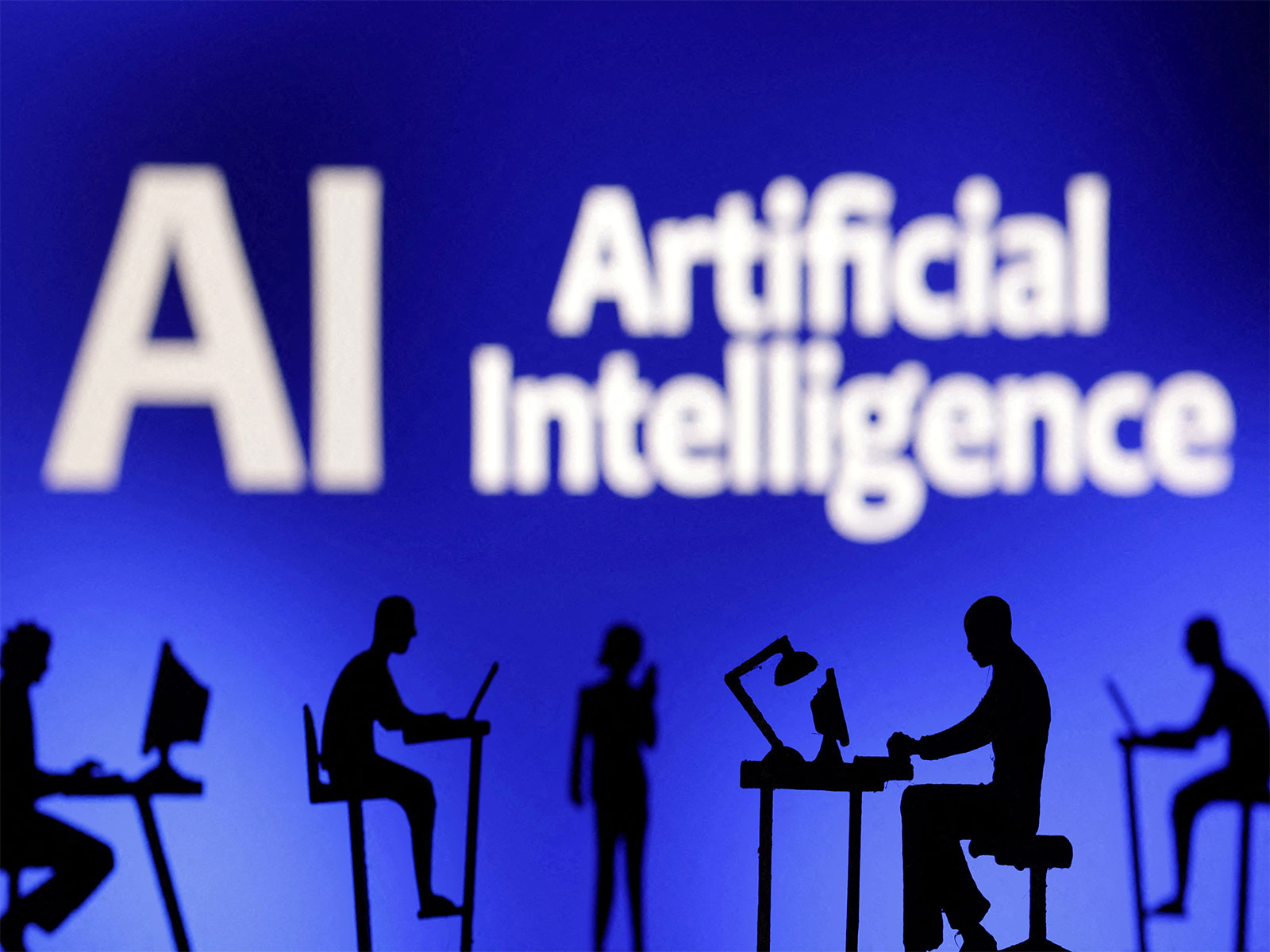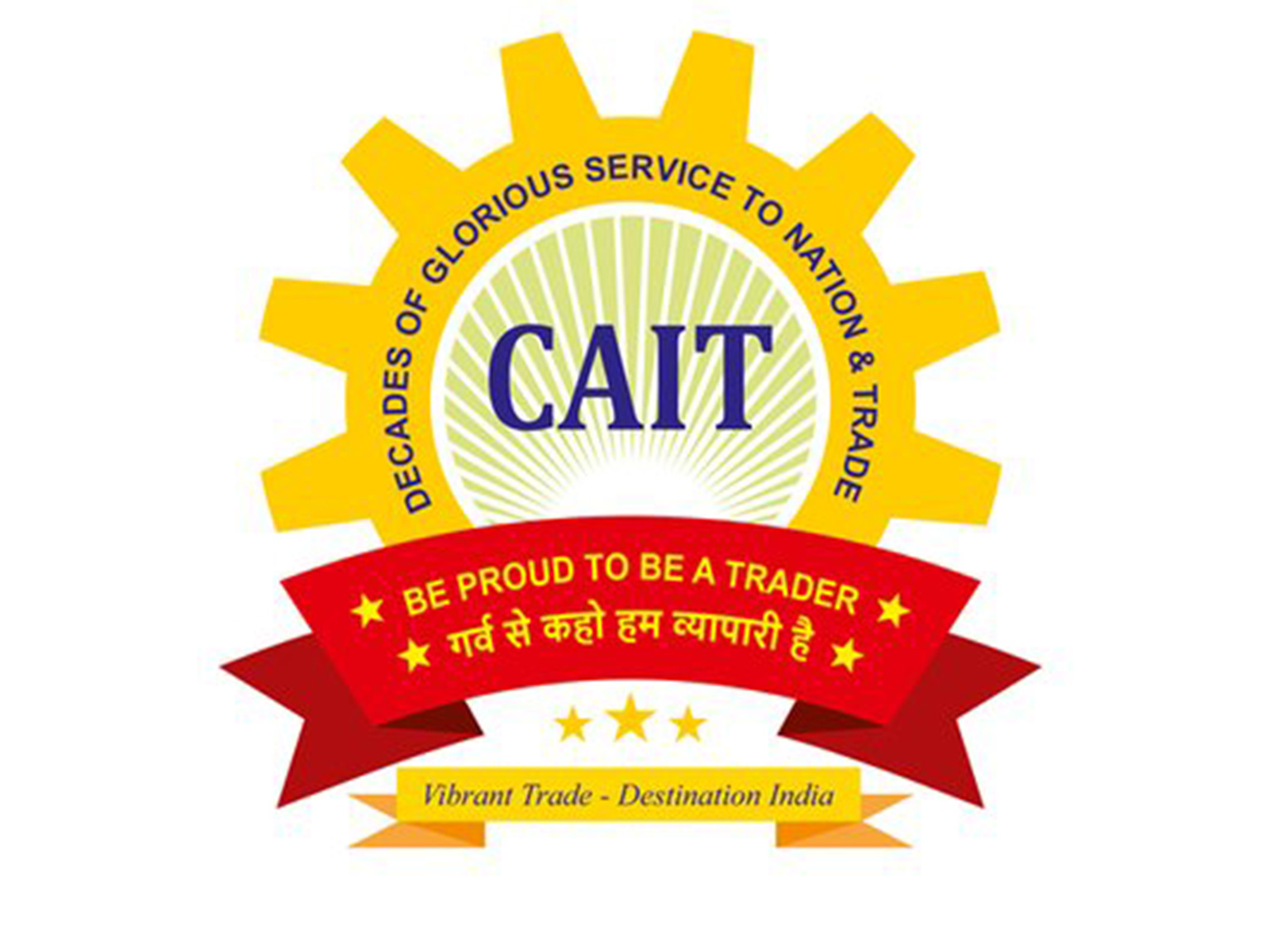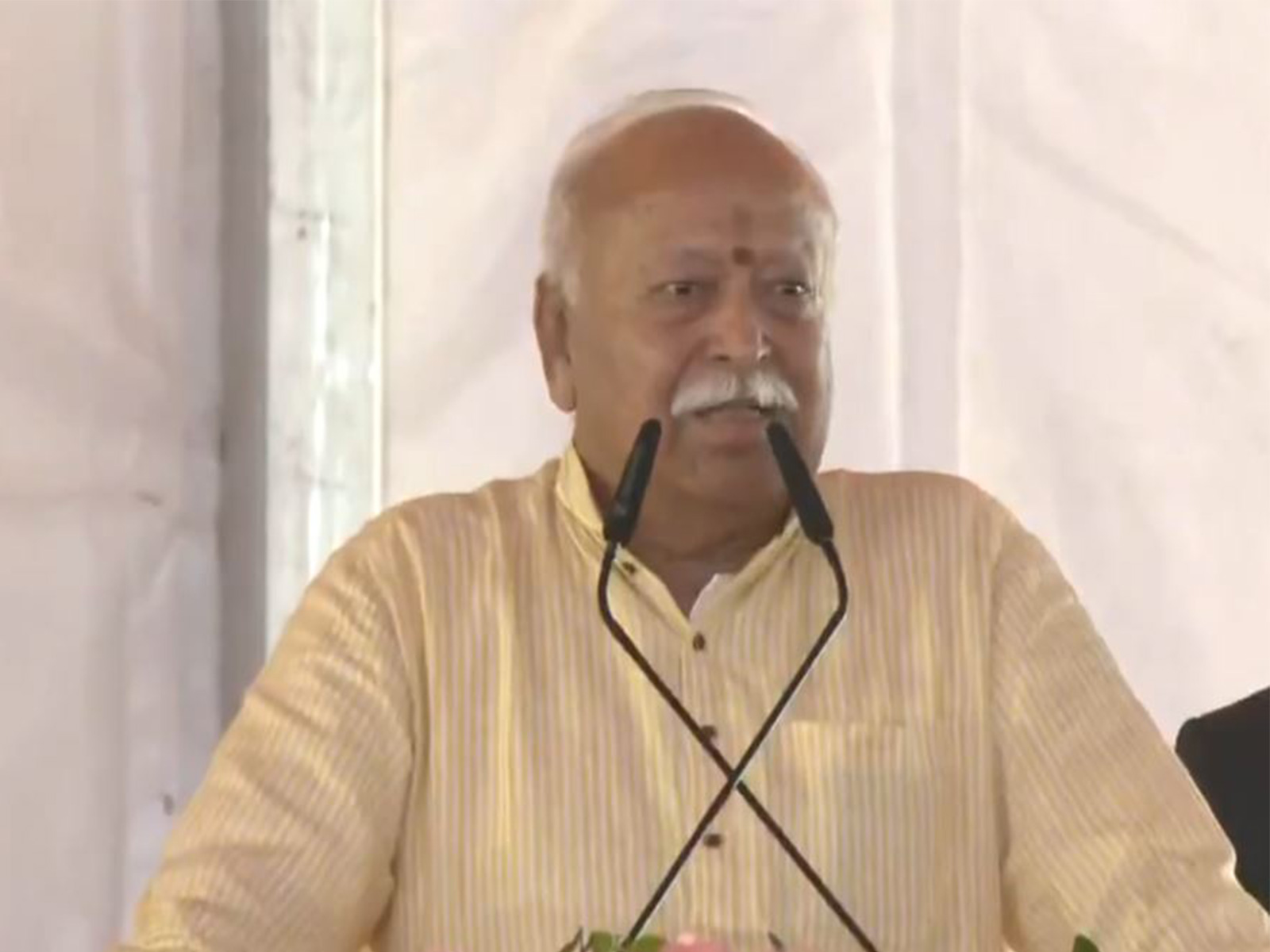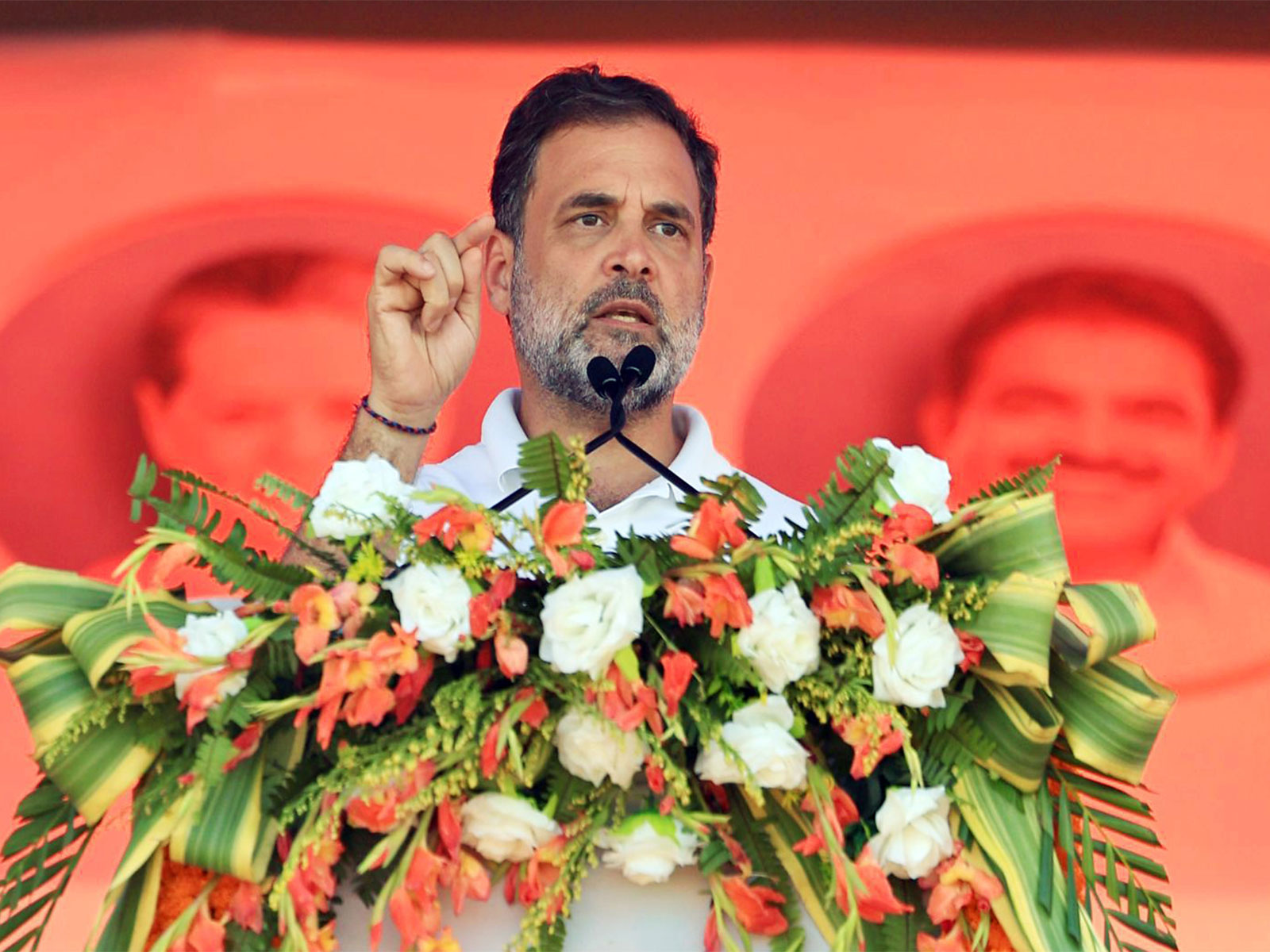
Unstructured clinical data opens fresh market for AI firms
Nov 23, 2025
New Delhi [India], November 23 : The healthcare industry's vast pool of unstructured clinical data is fast emerging as a major market opportunity for companies building Artificial Intelligence (AI)-driven solutions, say experts and market watchers.
With most patient information still locked in free-text notes, reports, and PDFs, AI firms in the healthcare sector are increasingly positioning themselves to unlock and monetise this untapped data.
Unstructured clinical data is healthcare information that lacks a predefined format and includes clinical notes, medical images, lab reports, and patient correspondence. Because it is not organised in traditional databases, it requires advanced tools like natural language processing (NLP) and image recognition to extract valuable insights, which can lead to improved diagnostics, personalised care, and medical research.
Experts believe that unlocking this hidden information could reshape everything from hospital operations to medical research.
"Solving the unstructured data problem is healthcare AI's most valuable opportunity because it unlocks the 80 per cent of health data that is currently trapped, making the full clinical story of a patient finally computable, scalable, and usable," said Saksham Arora, startup founder and founding engineer at Savant Bio.
"For decades, the most critical clinical information--a doctor's reasoning, the patient's story, the context of symptoms--has been "dark data," locked away in free-text notes and paper reports. Traditional software, which only uses structured fields (like billing codes or lab values), misses this nuance entirely. AI, specifically Large Language Models (LLMs), is the first technology that can read and understand this messy, human-generated data at scale, turning it into the fuel for every other high-value application," Arora further added.
Start-ups such as Eka Care, HealthPlix, and Axone Health are the major firms working in this domain. According to Tracxn, India had only eight AI-driven healthcare companies in 2024, a modest increase from just two in 2011.
A new report by global consultancy firm EY-Parthenon-OPPI highlighted the opportunity due to the integration of AI and advanced tech adoption in India's healthcare industry.
It added that integration of artificial intelligence, advanced analytics and automation across drug discovery, development, supply chain and commercialisation processes is redefining how therapies are researched and delivered. AI-driven molecule design, predictive diagnostics, virtual clinical trials and real-world data analytics are improving speed, precision and cost efficiency across the value chain.
"With its inherent tech leadership, the intersection of life sciences, data and digital offers India an unparalleled opportunity to leapfrog traditional models and establish leadership in high-science, high-value innovation," the report added.
The GCC landscape continues to advance and expand rapidly, driven by continued investments by its global MNCs in digital, R&D and advanced capabilities. Eli Lilly is setting up second GCC in Hyderabad, equipped with artificial intelligence (AI), automation, cloud computing and software product engineering to support accelerated innovations, creating around 1,500 new jobs.
Bristol Myers Squibb has opened a USD100 million innovation hub employing 1,500 specialists in global drug development and digital functions28, while Amgen has launched a USD 200 million technology and innovation centre focused on AI and data science. Sanofi is investing EUR400 million to nearly double its Hyderabad GCC headcount to 2,600 by 2026, and Novo Nordisk is expanding its Bengaluru hub by 16 per cent to 5,000 employees, the report added.
According to Bain & Co., the Indian Pharmaceutical market stood at Rs 4,71,295 crore (USD 55 billion) in 2025 and is expected to grow to Rs 10,28,280-11,13,970 crore (USD 120-130 billion) by 2030. With the Indian economy growing rapidly, the government has set an ambitious target for the nation to become a USD 30 trillion to USD 35 trillion economy by 2047.
The pharmaceutical industry, with its robust global footprint, is a critical component of this growth strategy. The Bain & Co report further suggested that the partnerships between Indian companies and global pharma, biotech, or academic institutions can accelerate innovation.

























